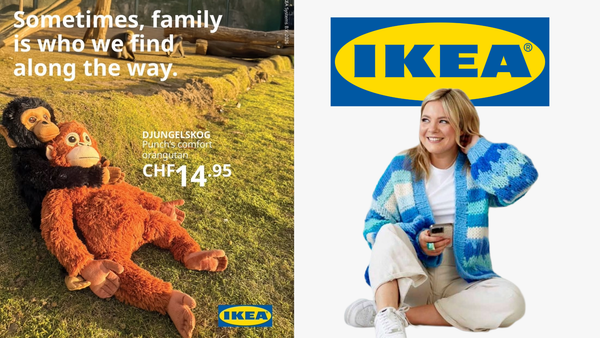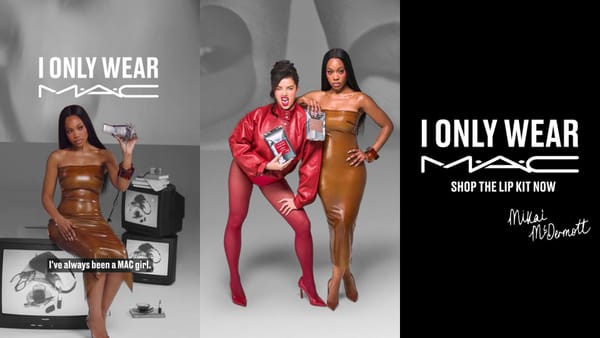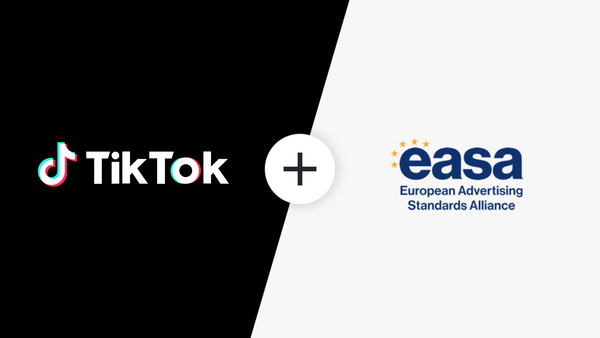There’s never been a more complex time to be a marketer, with significant cultural and political upheaval and the purchase journey taking new twists and turns both online and offline. Amidst this growing complexity, consumers are demanding more from the companies they do business with and influencers are becoming central to brands’ purpose-centered marketing.
Consumers have access to more information than ever before – from in-depth product reviews to e-commerce offering a wider selection of available products and personalised advertising offering up product recommendations based on our data and shopping habits. On top of that, we’ve got a new generation of consumers on our hands with serious spending potential and a wildly different view of the world than Millennials and other groups.
Gen Z is the first group of truly digital native consumers, and with this great power and access to all of the information the internet holds comes the great responsibility to make a difference and impact on the world… and they’re taking that very seriously.
They’re acutely aware of the social, political, and environmental issues we’re facing across the globe, and are using their dollars as a means of influence, with Forrester reporting more than half (51%) of Gen Z spending time to research a company to ensure it aligns with their position on corporate social responsibility before making a purchase.
After the turbulence of 2020, brands have been pushed to stand for something more than their products – to have clear brand values, to take a stance on important issues, and to provide greater transparency into all aspects of their business, from manufacturing processes to board member diversity. Gone are the days of brands operating solely as faceless corporations, without humanisation and transparency being woven into their narrative, resulting in one thing becoming more important than ever before: brand purpose.
Marketing with purpose
While purpose-led marketing is far from a new trend, with brands like Patagonia and Warby Parker focusing on purpose from their inception, ANA officially named “brand purpose” as its word of the year in 2018, defining it as “a brand’s reason to exist beyond turning a profit”. As brands look to tell their story of purpose and make a connection with consumers beyond sales, influencers offer a powerful opportunity to tap into the power of human connections and word of mouth to amplify these narratives.
As marketers plan for 2022 and beyond, we expect to see purpose-led marketing become an even more essential element of marketing calendars and dollars. Some things to keep in mind when tapping into trusted voices to tell your brand’s purpose story:
- Focus on finding the right partners: Think fewer, better when it comes to purpose-led influencer marketing efforts, allowing for plenty of time to find the right partners with values alignment, and both interest and fluency in purpose-driven conversations. Consider tapping a diverse group of influencer partners, from credible experts or activists, to accessible lifestyle influencers who are relatable to a broad audience.
- Create a two way conversation: Expect questions and feedback both from creators and their audiences. Open up an active dialogue with potential partners to share more about the brand’s purpose pillars and actions. Consider setting up time for influencers to connect with internal experts and purpose stakeholders for education and deeper partnership.
- Allow for authenticity: Develop content briefs that provide key information into brand purpose and actions, but leave room for influencers to share their own stories, values and experiences, allowing room for the influencers’ voices to come through.
- Engage the community: Go beyond the individual influencer partnership and look for ways to involve, educate and engage their communities. Prepare to support the influencer with brand community management review of their posts to answer community questions, gather feedback and share additional information with audiences.
- Think long-term: Just as a brand’s commitment to its purpose work needs to be long-term to be both credible and impactful, purpose-led influencer marketing efforts should be more than just a one-time program. Look to develop long-term partnerships with influencers to tell the brand’s purpose story over time with both education and forward-looking updates, optimising the content based on performance trends, audience engagement, and cultural relevance.








